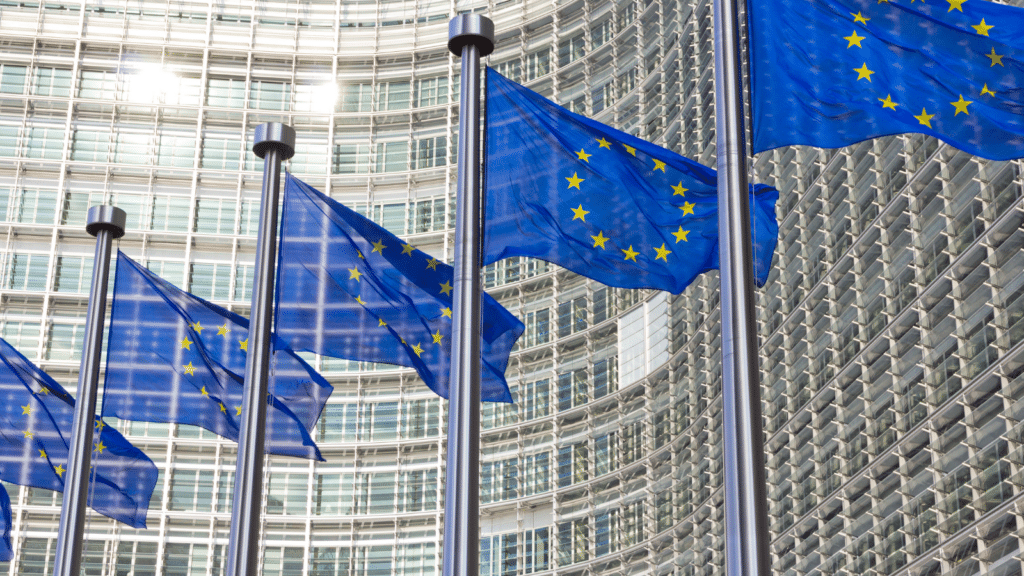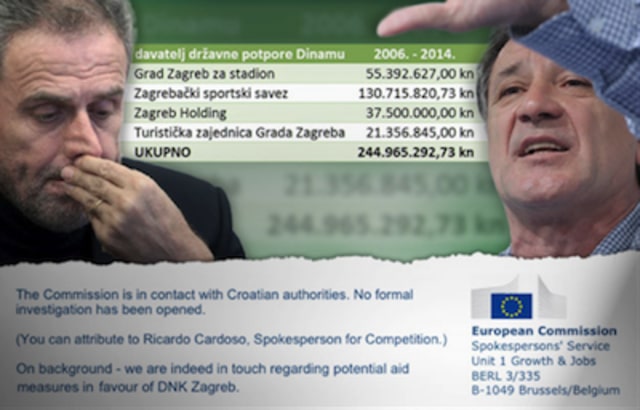State Aid Uncovered Blog
In Lexxions Blog „State Aid Uncovered” veröffentlicht Prof. Phedon Nicolaides wöchentlich kritische Analysen zu den neuesten Urteilen und Entscheidungen zu staatlichen Beihilfen. Jeder Beitrag stellt die wichtigsten Punkte eines Gerichtsurteils oder einer EU-Kommissionsentscheidung vor, ordnet sie in den Kontext ähnlicher Rechtsprechung oder Praxis ein, bewertet die zugrundeliegende Argumentation und zeigt etwaige Ungereimtheiten oder Widersprüche auf.
In loser Folge werden auf diesem Blog auch Gastbeiträge von anderen Experten für staatliche Beihilfen veröffentlicht, welche die Inhalte der Blogbeiträge ergänzen.

Professor at Maastricht University; Professor at University of Nicosia, and Academic Director at Lexxion Training
Sie möchten einen Beitrag einreichen oder zur Weiterentwicklung des Blogs State Aid Uncovered beitragen? Weitere Details finden Sie auf der englischsprachigen Seite.
Gastbeitrag einreichenKategorien
Tags
Links
Recent Posts
- New Case Law on Incentive Effect, “Private Borrower”, Advantage, Compensation, SGEI and Market Failure
- The Curious Case of Applying the Market Economy Investor Principle to a Monopoly
- Blog Intro
- The Market Economy Vendor Principle: Sale of Public Land by the Dutch Municipality of Leidschendam-Voorburg [Commission Decision SA.24123]
- An “Alternative” Method of Valuation for State-Aid-Free Sale of Public Land
- Loans, Guarantees and Credit Worthiness
- Where is the Money? The Link between Advantage and Transfer of State Resources
- Airport Operators and Budget Airlines [Commission Decision SA.23324: Finavia, Airpro and Ryanair at Tampere-Pirkkala Airport
- Sale of State-owned Airlines [Commission Decision SA.33337 on sale of subsidiaries by LOT Polish Airlines]
- Objectively Justified Pricing: The Market Economy Operator Principle
Recent Comments
- Marcos Araujo in "Not Every Compensation Is a Compensation in the Meaning of Altmark"
- Phedon Nicolaides in "Non-recovery of Incompatible State aid Is Costly"
- Phedon Nicolaides in "Identification of Undertakings in Difficulty"
- James Jenkins in "Identification of Undertakings in Difficulty"
- Carlos Oliveira in "Non-recovery of Incompatible State aid Is Costly"
Abonnieren Sie unseren Newsletter für aktuelle Informationen zu Entwicklungen, Konferenzen, Seminaren und Veröffentlichungen in Ihrem Interessenbereich.
Newsletter: Jetzt abonnieren





























